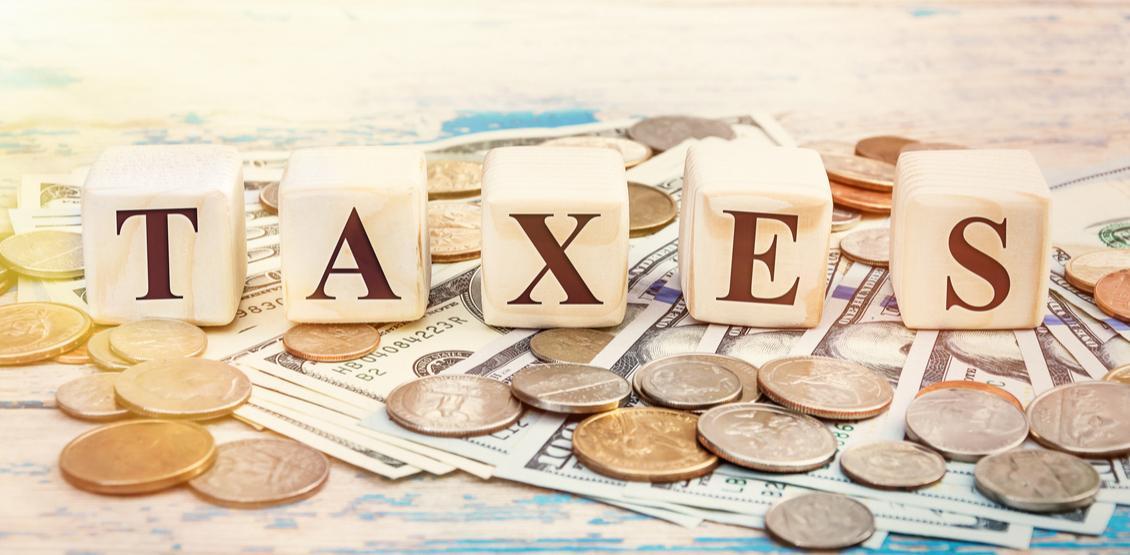If you sell products nationally, do you need to collect state or local sales taxes? The answer may be more complicated than you think.
In the United States sales taxes are levied at the state and local level, and normally need to be collected by you for sales in state(s) where you operate. (Fun fact: in other states they are often still due from the consumer, through what are known as consumer’s use taxes. The question becomes whether you, as a business, need to collect them at the time of sale.) As for these other states, your obligation to collect sales taxes depends on whether you have what is called nexus in these states.
Understanding nexus
The obvious case of sales tax nexus is when you have a physical, bricks-and-mortar sales presence in another state: for example, if I purchase a sweater online from Cincinnati-based Macy’s, they collect sales taxes for my home state of California because they also have physical stores here. But many other situations that can trigger nexus as well – here are some examples:
Employees and contractors. According to the Sales Tax Institute, having a “representative, agent, salesman, canvasser, or solicitor” in another state who is under your control, even temporarily, can create nexus. And in some states any telecommuting employee – selling or not – may trigger nexus.
Selling online. Laws are changing to recognize the huge shift in retail commerce from Main Street to online merchants. Thanks to a recent June 2018 Supreme Court decision, states now have the option of requiring online sellers to collect sales taxes for their states. In addition, more than 20 states now have what is known as “click-through nexus” for cases where you pay referral fees to in-state affiliates for sales via their web pages, usually triggered by a specified minimum volume of sales in that state.
Trade shows. If you sell products or solicit business at an out-of-state trade show – for example, by having a booth in the exhibitor hall that sells products or distributes literature to attendees – you may or may not be on the hook for sales tax nexus. State rulings vary widely, and while most differentiate between selling activities at a conference versus simply listening to speakers and eating mediocre banquet food, even one day of marketing activities can trigger nexus in some states.
When to bring in the pros
This brings us to an important closing point: determining your sales, local and use tax obligations isn’t a job for amateurs. If your business is large enough and does business nationally, it makes sense to contact a tax professional for guidance on where your business has nexus.
Once you have determined where you have nexus, you also need an automated tool to help you navigate a potential maze of state, local and special tax rates for each customer. Tax rates change constantly, and can literally vary from street to street within the same ZIP code, so this isn’t a do-it-yourself project for most businesses. Our DOTS FastTax service provides accurate, detailed tax rate data on an address-by-address basis, using an API interface that integrates seamlessly with major marketing or CRM platforms.
Want to learn more? Contact our experts to discuss your specific sales tax needs.













